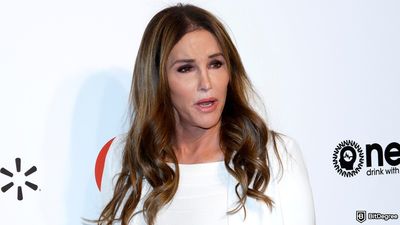Governor Gavin Newsom of California took a decisive stance on September 29 by vetoing Senate Bill 1047 (SB 1047), a controversial proposal that aimed to set new regulations for artificial intelligence (AI) technologies.
The bill had been promoted as a pioneering framework for AI governance, but Newsom rejected it, expressing concerns that it might limit California's position as a tech innovation hub.
Rather than pushing forward with SB 1047, Newsom stressed the importance of adaptability when dealing with AI, a technology he described as still in its infancy.

Did you know?
Want to get smarter & wealthier with crypto?
Subscribe - We publish new crypto explainer videos every week!
What is Olympus DAO? (OHM Crypto Animated Explainer)


State Senator Scott Wiener, who authored SB 1047, created the bill to introduce mandatory safety standards for developers working on major AI models. It also proposed the creation of a regulatory body, the Board of Frontier Models, to ensure adherence to these guidelines.
Newsom raised an issue with the bill's focus on large AI systems, warning that smaller models, which could be just as risky, were being overlooked. He concluded:
I do not believe this is the best approach to protecting the public from real threats posed by the technology.
The bill encountered opposition from Silicon Valley’s biggest players, including OpenAI, pointing out that the proposed rules could stifle innovation and push talent away from California, favoring instead a nationwide regulatory framework.
Yet, the legislation found backing from advocates of tighter AI controls, including Tesla CEO Elon Musk, who argued that any technology with the potential for harm should be regulated. Senator Wiener expressed disappointment with Newsom's decision, cautioning that the lack of formal regulations could leave AI companies to self-regulate without enforceable safety measures in place.
Going forward, Newsom pledged to continue working with experts, lawmakers, and federal partners to develop a more comprehensive and balanced AI regulatory framework. He has already signed several AI-related bills to combat AI-generated deepfakes and manipulated political content.





















